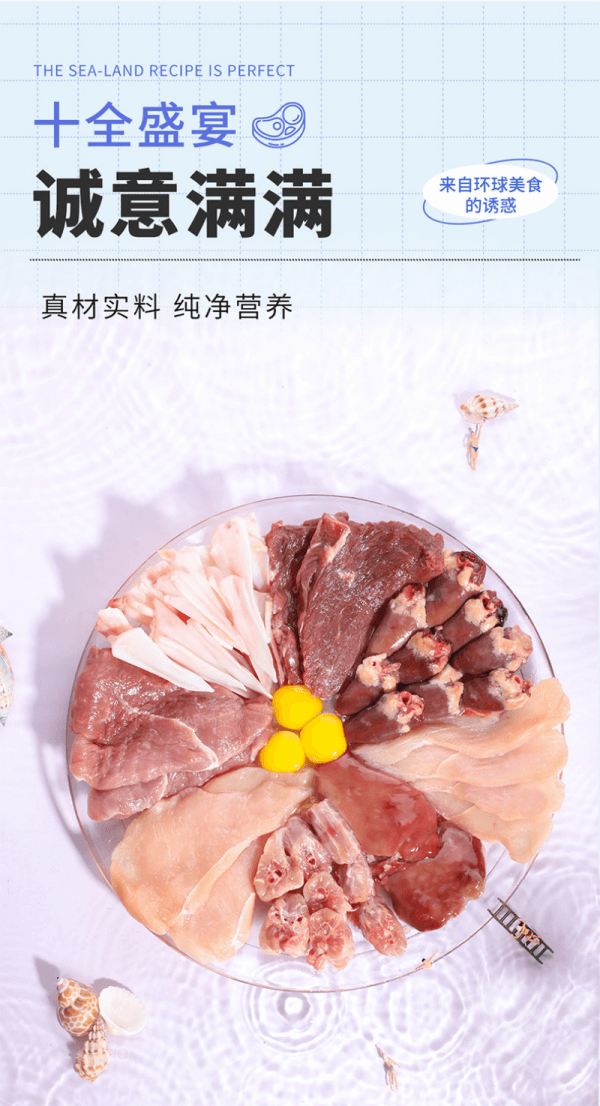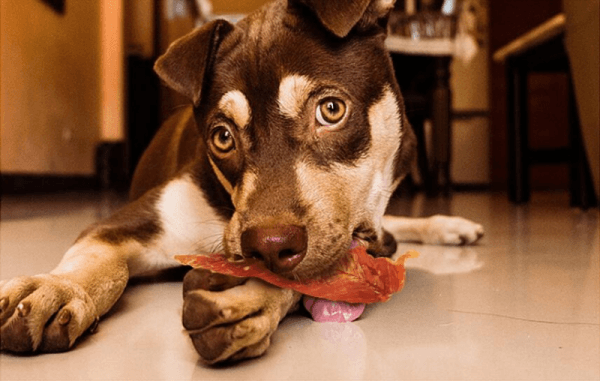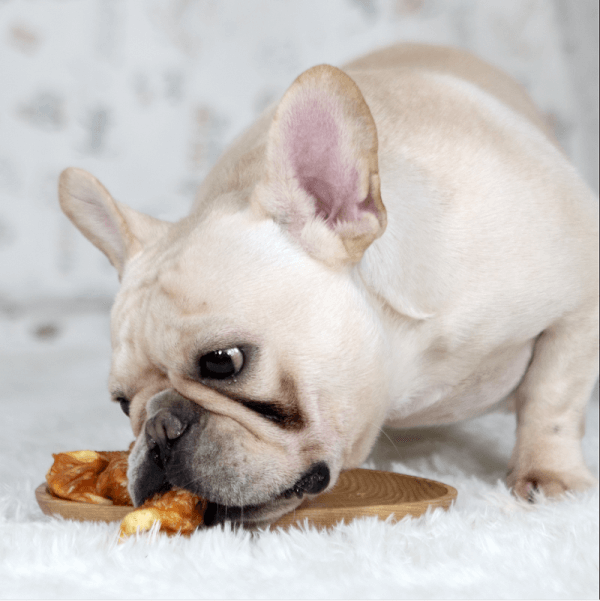Although Cat Snacks And Dog Snacks Are Both Delicious Snacks Designed For Pets, There Are Certain Differences In Their Formulas And Nutritional Content, So They Are Not Suitable For Long-Term Interchangeable Consumption.
1. The Difference Between Dog Snacks And Cat Snacks
Dogs And Cats Are Common Pets In Human Households, But There Are Significant Differences In Their Size, Personality, And Eating Habits, Which Directly Affect Their Needs And Preferences For Snacks. Although Both Cat Snacks And Dog Snacks Are Designed To Meet The Taste And Nutritional Needs Of Pets, Due To Their Different Physiological Structures And Eating Habits, The Formulas And Nutritional Ingredients Of The Snacks Are Also Significantly Different, Mainly Reflected In Protein, Fat, The Ratio Of Vitamins And Other Nutrients
First Of All, From The Perspective Of Nutritional Requirements, Cats, As Strict Carnivores, Require Higher Protein Content In Their Diet And The Intake Of Specific Essential Amino Acids, Such As Taurine, Arginine, Etc. Additionally, Cats Have Higher Requirements For Vitamins A And D Because They Cannot Synthesize These Vitamins From Plant Foods Like Dogs. As a Result, Cat Treats Typically Contain More High-Quality Animal Protein And Are Formulated With Special Attention To Adding The Essential Nutrients Cats Need. On The Contrary, As Omnivorous Animals, Dogs Can Not Only Obtain The Nutrients They Need From Meat, But Also Obtain Energy And Vitamins From Certain Plant Foods. Therefore, The Nutritional Ratio Of Dog Snacks Is More Diverse And Usually Includes a Moderate Amount Of Carbohydrates. Compounds And Fiber, The Nutritional Ratio Of Dog Snacks Is More Suitable For Their Digestive System.

Secondly, Dogs And Cats Also Differ In Their Taste Preferences. Because Cats Have a More Sensitive Sense Of Taste, They Have Higher Requirements For The Taste Of Food, Which Makes Cat Snacks More Refined In Formula, Richer In Taste, And Usually Have Higher Umami Taste And Aroma. Cats Often Show a Preference For Certain Flavors, Such As Fish Or Liver. In Comparison, Dogs Have a Relatively Higher Food Acceptance Rate. They Are Not As Picky About Taste As Cats And Can Accept a Wider Range Of Food Types. Therefore, Dog Snacks May Pay More Attention To Diversity In Production, Rather Than Necessarily Pursuing The Ultimate Taste Experience.
Finally, The Size Difference Between Dogs And Cats Also Affects The Shape And Size Of Treats To a Certain Extent. Dogs Vary Greatly In Size, Ranging From Small Dogs To Large Dogs, So The Shape And Hardness Of Dog Snacks Are Often Designed To Be More Diverse To Meet The Chewing Needs Of Dogs Of Different Sizes. On The Contrary, Cats Are Relatively Uniform In Size, And The Design Of Snacks Focuses More On Palatability And Ease Of Chewing And Digestion.

2. Can Dogs Eat Cat Snacks?
In Families With Pets, Many Owners Will Keep Cats And Dogs At The Same Time. Especially When The Dog Snacks Are Used Up At Home, They May Want To Use Cat Snacks As a Temporary Substitute. So, Can Dogs Eat Cat Treats? The Answer To This Question Is Yes, But There Are Some Potential Issues To Be Aware Of.
First Of All, There Are Many Similarities In The Nutritional Content Of Dog And Cat Treats Because They Are Both Designed To Meet The Basic Needs Of Pets. Cat Treats Tend To Contain High-Quality Animal Protein, Which Is Acceptable For Dogs. If Your Dog Occasionally Eats Some Cat Snacks And Does Not Experience Any Gastrointestinal Discomfort, Such As Diarrhea, Vomiting, Etc., There Will Be No Major Problems In The Short Term. However, This Does Not Mean That Cat Treats Can Be Used In Place Of Dog Treats Long-Term. Cats Have Higher Nutritional Needs Than Dogs, Especially For Protein And Certain Amino Acids. Eating Cat Snacks To Dogs For a Long Time May Cause The Dog To Consume Too Much Protein And Fat, Which May Lead To Health Problems Such As Obesity And Increased Pressure On The Kidneys.
In Addition, Cat Snacks Usually Taste Better, With Stronger Umami And Aroma, Which May Make Dogs Picky Eaters. Dogs May Refuse To Eat Their Usual Staple Food Or Dog Treats Because Of The Delicious Taste Of Cat Treats, Which Is Detrimental To Their Health Management. Picky Eaters Will Not Only Lead To Unbalanced Nutrition, But May Also Cause Dogs To Develop Bad Eating Habits, Affecting Their Overall Health. So While It’s Okay To Give Your Dog Some Cat Treats Occasionally, It’s Not Recommended For Owners To Do It Frequently.
3. Can Dog Snacks Be Given To Cats?
Can Dog Treats Be Given To Cats? In Theory It Is Possible, But In Practice It May Not Be Ideal. As Strict Carnivores, Cats Have Much Higher Requirements For Food Than Dogs. Although Many Dog Snacks Are Nutritious For Dogs, They May Lack Enough Essential Nutrients For Cats, Such As Taurine, Vitamins A And D, Etc. These Nutrients Are Crucial In a Cat’s Diet, And a Lack Of Them May Cause Health Problems In Cats, Such As Decreased Vision And Weakened Immunity. Additionally, The Taste And Texture Of Dog Treats May Not Be To Your Cat’s Liking. Cats Have More Discerning Palates, And The Lower Umami Flavors In Dog Treats May Not Appeal To Cats, Or The Consistency Of Some Dog Treats May Be Too Hard For Cats To Chew And Digest.
Although Cat Treats And Dog Treats Can Be Substituted For Each Other In The Short Term, For The Health Of Your Pet, It Is Best To Choose Specialized Treats Based On Their Respective Physiological Needs. Occasional Swapping Will Not Cause Obvious Health Effects, But It May Have Adverse Consequences In The Long Run. Ensuring Your Pets Receive Balanced Nutrition Allows Them To Live Healthier And Happier Lives.
Post time: Aug-21-2024



